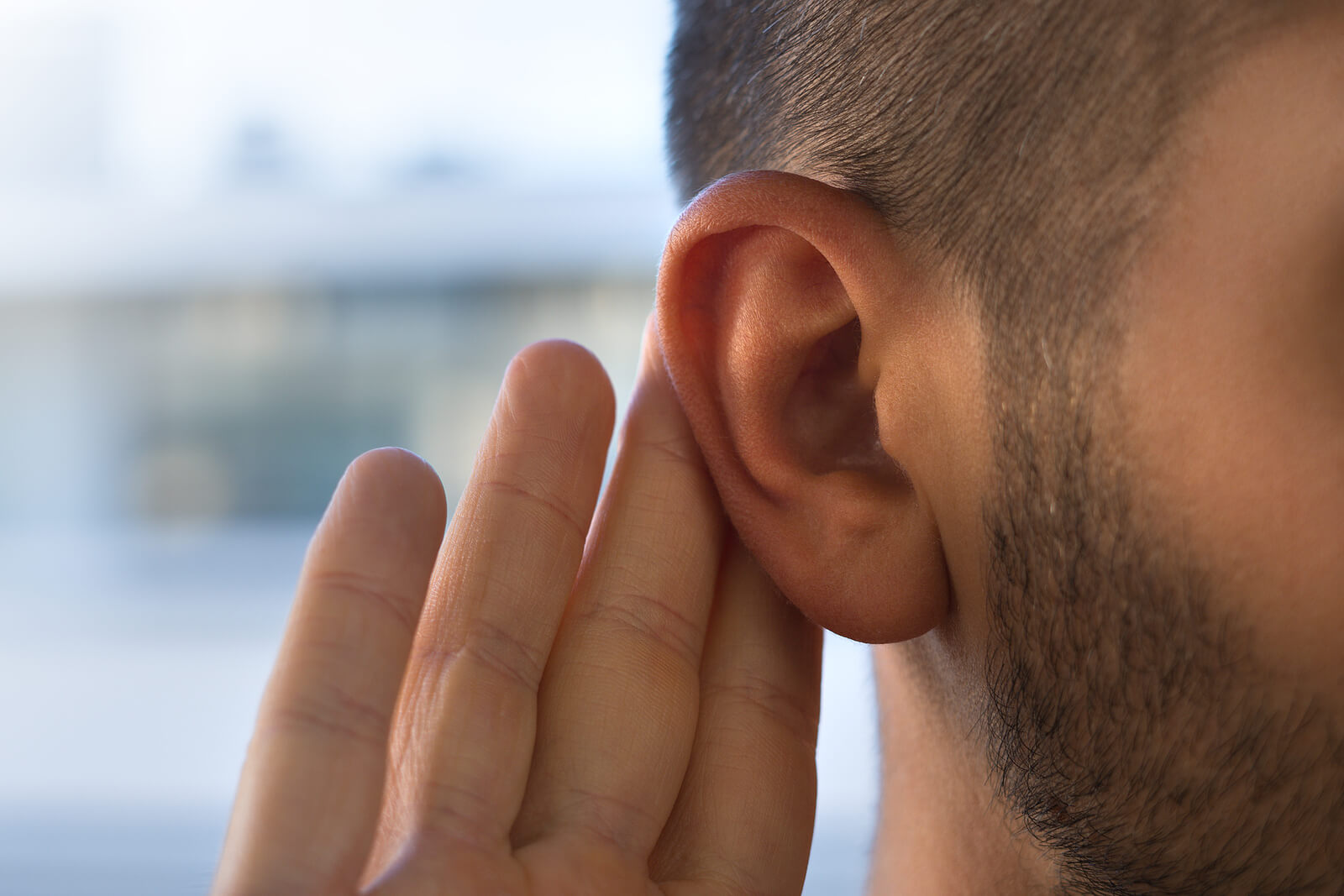Hearing Loss
Hearing Loss Overview
Hearing loss is a condition that affects more people than you might think. Every year, an estimated 466 million people around the world are affected by disabling hearing loss. Hearing loss can range from mild to profound and is caused by a number of factors, including aging, prolonged exposure to loud noises, certain medications, and genetic predisposition. Depending on the severity of the hearing loss, it can have a major impact on a person's quality of life, as it can make it difficult to communicate with others and participate in everyday activities. People with hearing loss may also experience feelings of isolation, depression, and anxiety. Fortunately, with the right treatment, people with hearing loss can regain their ability to communicate and participate in everyday activities.
Request an Appointment


Symptoms of Hearing Loss
The most obvious symptom of hearing loss is difficulty hearing and understanding speech, but other signs may include a feeling of fullness in the ear, ringing or buzzing sensations, difficulty understanding dialogue at low volumes, and the inability to distinguish sounds in noisy environments. In more severe cases, people with hearing impairment may experience a complete loss of hearing in one or both ears. People with hearing loss will also have difficulty following conversations and may feel socially isolated as a result. Sometimes hearing loss can also lead to physical discomfort, including headaches and fatigue. It is critical to be aware of these symptoms in order to get diagnosed and treated by a hearing healthcare professional as soon as possible.

Types of Hearing Loss
There are three main types of hearing loss: conductive, sensorineural, and mixed. Conductive hearing loss occurs when sound is not conducted efficiently through the outer or middle ear to the inner ear. Sensorineural hearing loss is caused by damage to the inner ear or auditory nerve, which results in a decrease in sound perception. Mixed hearing loss is a combination of both conductive and sensorineural hearing loss. There are other less common types of hearing loss, including central auditory processing disorder, which is caused by a problem in the brain's ability to process sound, and auditory neuropathy spectrum disorder, which is caused by a problem in the auditory nerve. Treatment for hearing loss depends on the type and can range from hearing aids to cochlear implants.

Treatment Options
Hearing loss can be treated through a variety of solutions depending on the type and severity of the condition. Generally, conductive hearing loss is considered to be easily treatable with medication or surgery, while sensorineural hearing loss is permanent and incurable. Nevertheless, there are ways to manage both types. In cases of mild hearing loss, hearing aids are often recommended as they can help amplify sound and make it easier for the individual to hear. For more severe or profound hearing impairment, a cochlear implant may be recommended. These are devices that are surgically implanted to bypass the damaged parts of the ear and directly stimulate the auditory nerve. Other treatments for hearing loss include assistive listening devices, therapy, and sign language. Treating hearing loss is essential for people to remain connected and active with their environment, their families and friends, and their everyday tasks.
